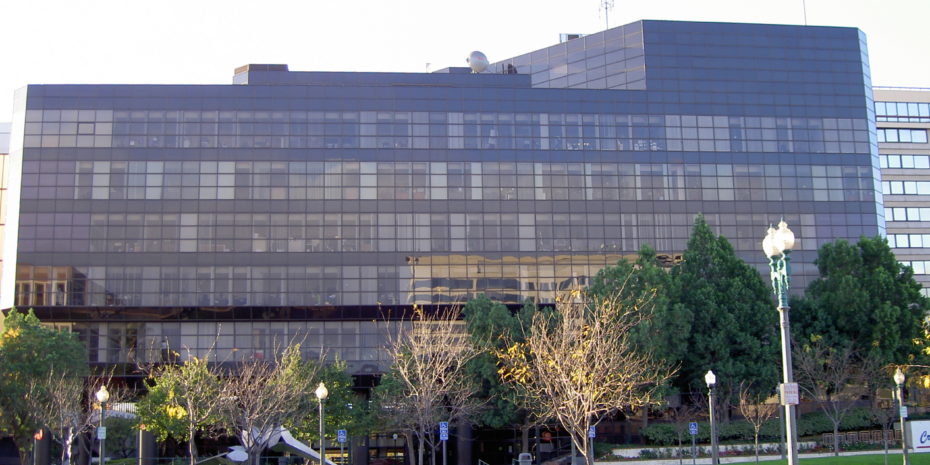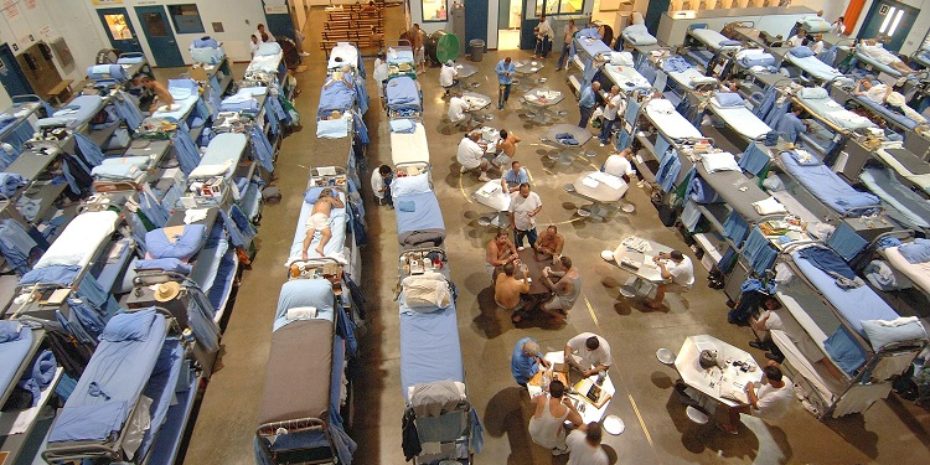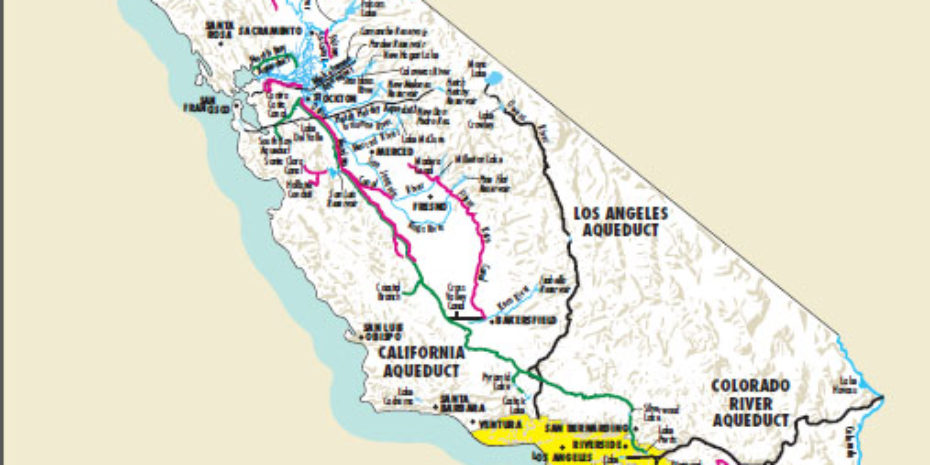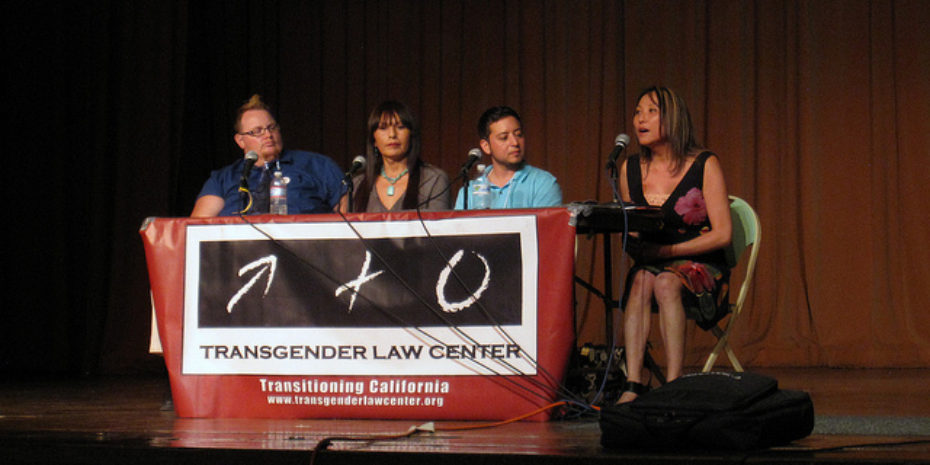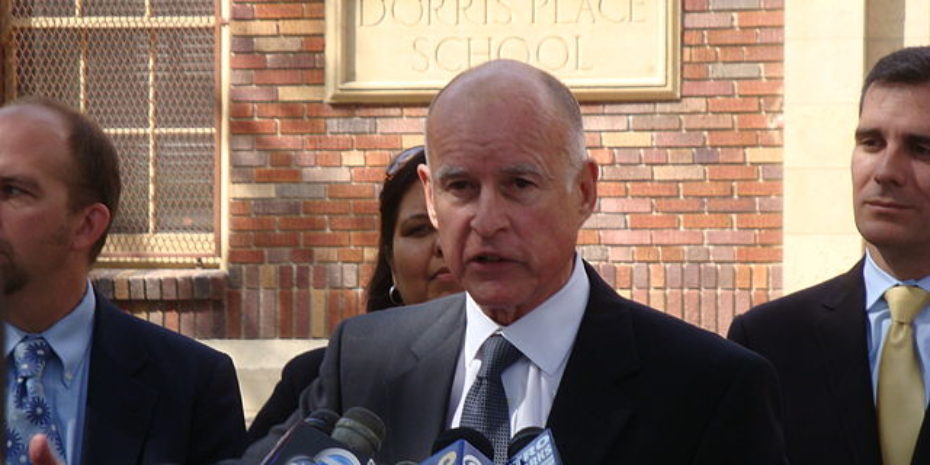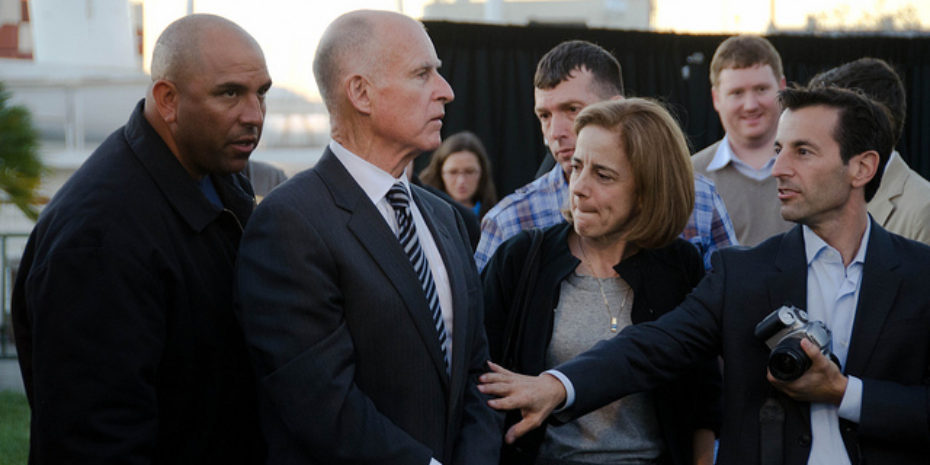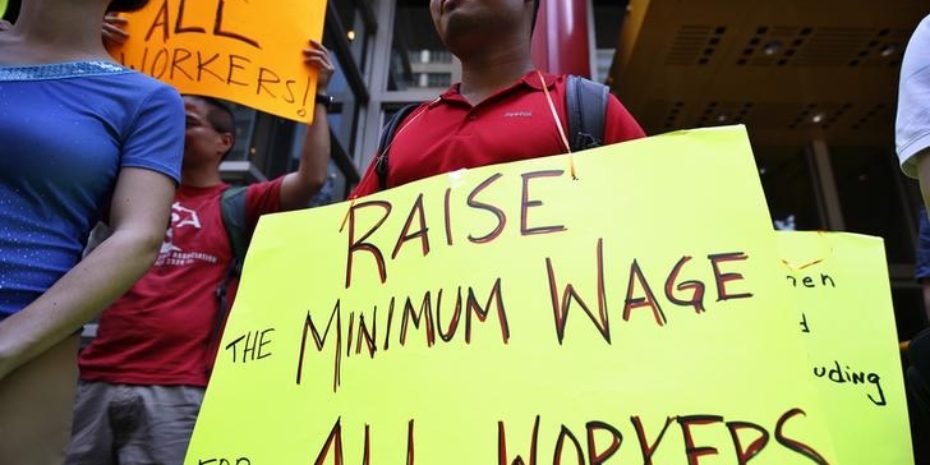Following the passage of SB 89 in 2011, the four newly incorporated cities of Jurupa Valley, Menifee, Eastvale, and Wildomar in Riverside County faced drastic cuts in state funding. The vehicle license fee (VLF) revenue expected from the state was reallocated elsewhere, leaving considerable gaps in municipal budget plans. For the 2012-2013 fiscal year, these… Continue Reading


